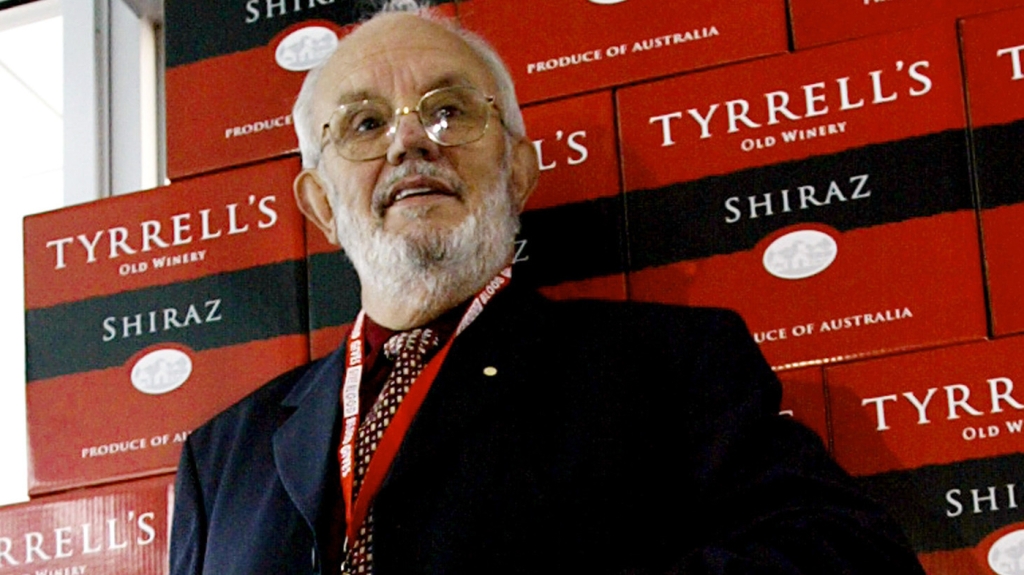
In the realm of medical heroes, few stories are as extraordinary and life-affirming as that of James Christopher Harrison OAM, affectionately known as the “Man with the Golden Arm.” This Australian blood plasma donor’s incredible contributions have played a pivotal role in saving millions of lives, particularly those of newborn babies threatened by Rhesus disease.
The Discovery of a Lifesaver
James Harrison’s journey began at the tender age of 14 when he underwent major chest surgery. The complex operation required a substantial amount of blood, and it was during this critical period that Harrison first realized the life-saving potential of blood donations. Profoundly grateful for the donations that had saved his life, he resolved to become a donor himself.
True to his word, Harrison started donating blood as soon as he turned 18, the legal age for donors in Australia. What he didn’t know then was that his blood was special—very special.
A Unique Gift
Harrison’s blood contains a rare antibody that can be used to create a treatment for Rhesus disease, a severe form of anemia that can cause serious health problems, brain damage, or even death in unborn babies. Rhesus disease occurs when a pregnant woman with Rh-negative blood develops antibodies that attack the Rh-positive blood cells of her fetus. This incompatibility can be particularly dangerous during subsequent pregnancies.
In the 1960s, researchers discovered that Harrison’s blood plasma contained potent antibodies against the RhD antigen. These antibodies could be used to create Anti-D immunoglobulin, a treatment that prevents Rh-negative mothers from developing RhD antibodies during their pregnancy. This groundbreaking treatment effectively safeguards the health of the unborn child, ensuring a healthy birth and future for millions of babies.
A Lifelong Commitment
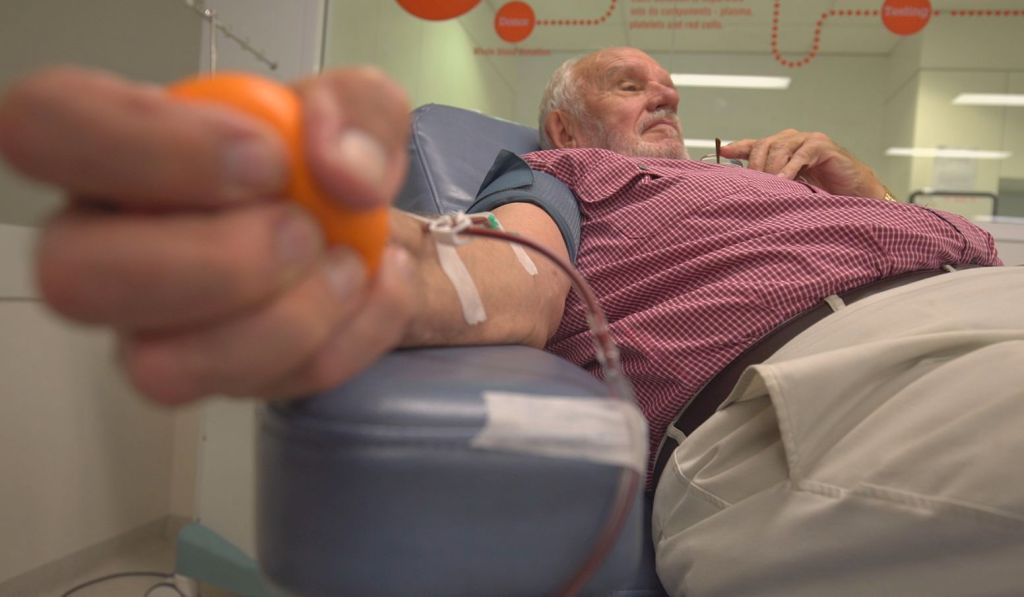
Over the course of his life, James Harrison donated blood plasma more than 1,100 times. His unwavering dedication spanned over six decades, with donations continuing well into his 80s. Such commitment is nothing short of remarkable, reflecting his profound sense of duty and altruism.
Harrison’s incredible generosity has had a monumental impact. It’s estimated that his plasma has helped save the lives of approximately 2.4 million babies. These children, and their grateful families, owe their lives to Harrison’s selfless acts.
Recognition and Legacy
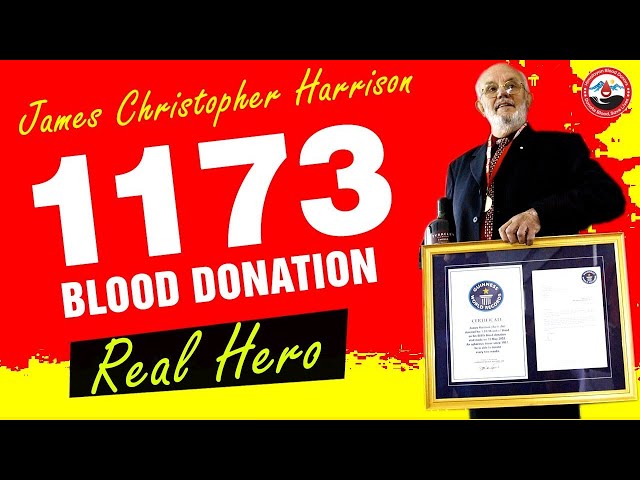
In recognition of his extraordinary contributions, James Harrison was awarded the Medal of the Order of Australia (OAM). Despite his fame, Harrison remains humble about his role, often stating that he’s simply doing what he can to help others. His story is a powerful testament to the impact that one individual can have on the lives of countless others.
Retirement and Continuing Influence
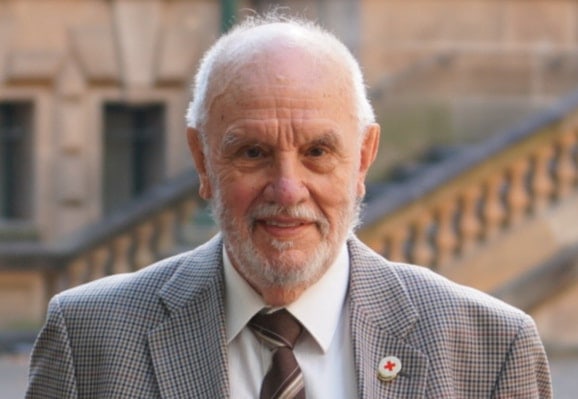
In May 2018, at the age of 81, Harrison made his final blood donation. Australian health regulations required him to retire from donating due to his age, marking the end of an era. However, his legacy continues to inspire countless others to donate blood and plasma, ensuring that his life-saving impact will endure for generations.
The Importance of Blood Donation
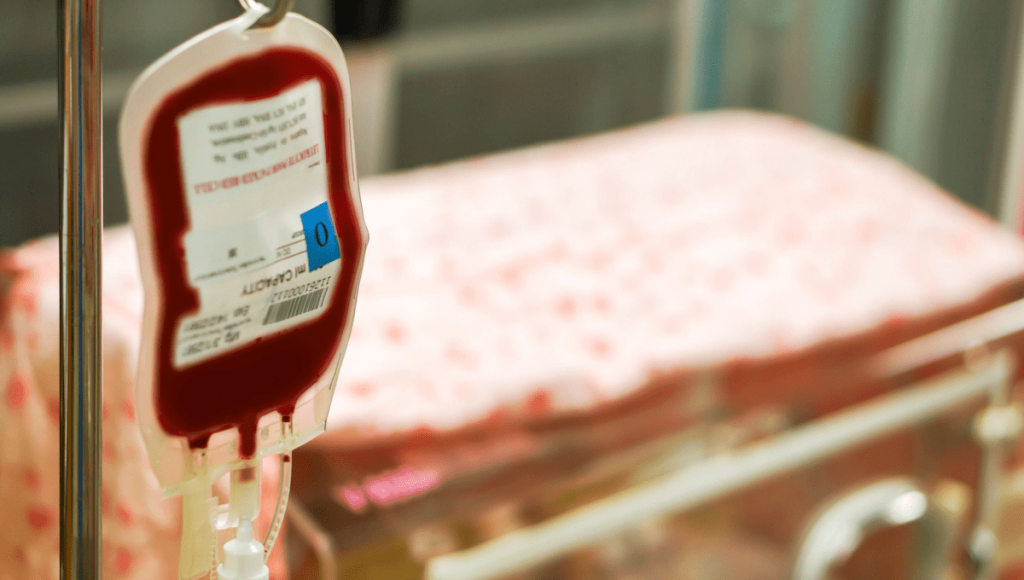
James Harrison’s story underscores the critical importance of blood and plasma donation. Blood donors are everyday heroes, providing a vital resource that can mean the difference between life and death for patients in need. The Anti-D treatment developed from Harrison’s plasma has virtually eradicated Rhesus disease in Australia, showcasing the profound and far-reaching effects of regular blood donation.
For those inspired by Harrison’s legacy, becoming a blood donor is a simple yet profoundly impactful way to contribute to the well-being of others. Donating blood or plasma takes just a little time but can save lives, improve health outcomes, and bring hope to families facing medical challenges.

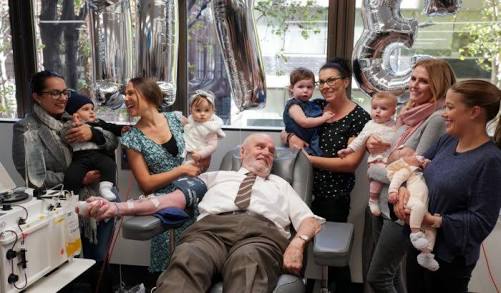

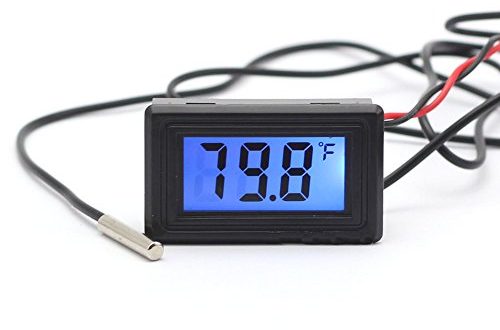
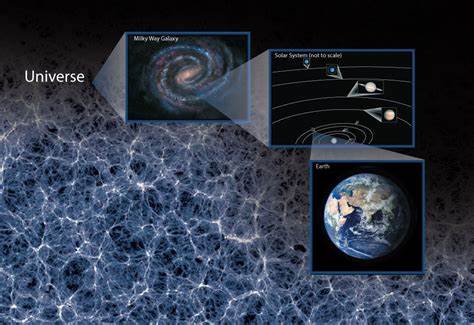
Leave a comment